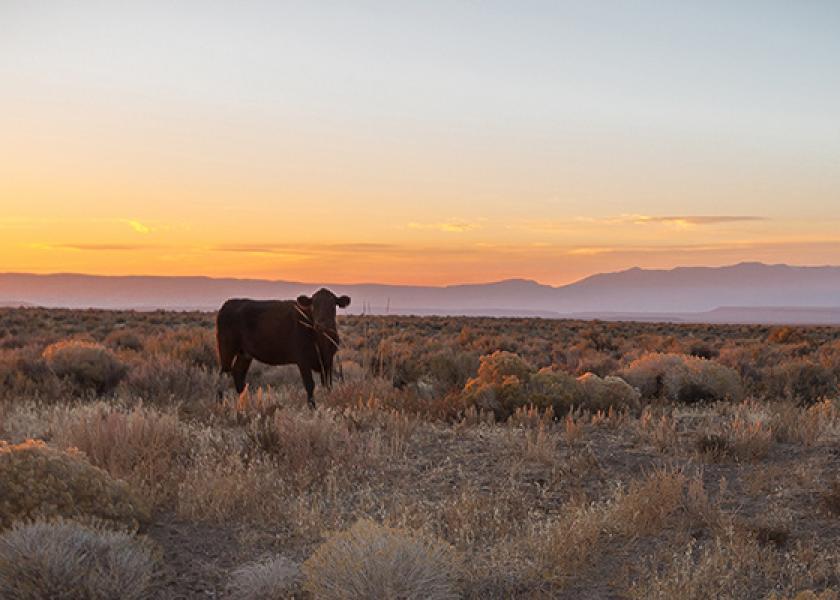Nalivka: Record Cattle Prices, But the Environmental Challenge is Mounting

While the beef industry benefits from record high prices, not all is well behind the scenes as the environmental movement and the government (federal, state, and local) lock up more land from cattle grazing. In fact, it was recently reported that JBS has been summoned by the New York Attorney General on the grounds of committing fraud against the consumer with regard to greenhouse gas emissions. I am extremely concerned that the beef industry, both in the U.S. and globally, will suffer dire consequences from actions taken in the name of climate change.
A recent article spelled out one major issue that is occurring right before our eyes is a shift from making decisions about land use based on private property rights to administration of our vast land resource by the government decision. This has always been an issue on Federal land administered by the Department of Interior and the USDA – BLM and Forest Service. I have noted in previous columns my numerous appearances in a courtroom as an expert witness on behalf of ranchers fighting to hold onto grazing leases which many of us believe represent a private property right. This has been a constant battle for the last 50 years. Those grazing rights represent value in the ranch and without them, not only does the ranch lose value, in many instances, the ranch business utilizing those grazing rights may cease to exist. It’s as simple as that. And, it goes beyond grazing and private property rights. It creates an impact on the entire beef supply chain and climate change.
So, for those in the industry who have never dealt with Federal grazing permits because of location or simply having the deeded land to carry the cattle on the ranch, this may not be a major concern. But it should be, and I think more ranchers are coming to the same conclusion as they now observe the creation or expansion of national park lands. In the article that I mentioned above, the author discusses the suggestion of one group in 2021 that “at least 30% and up to 70% or more should be protected.”
I have described but a small part of the on-going discussions concerning our forage resources and the purported negative impact of cattle and their contribution to global warming. I understand much of this is simply conversation and opinion, but those opinions can and will be quickly acted upon and become reality. That reality holds the real potential of having a significant impact on the beef industry or cattle industry however, one might want to view their livelihood – raising cattle or producing beef. And, this reality does not bode well for the future of this industry either in the U.S. or globally, particularly when it is unclear how much true science has been applied or considered. Beyond that, I do know that well managed grazing is one of the best tools we have to prevent wildfires.







